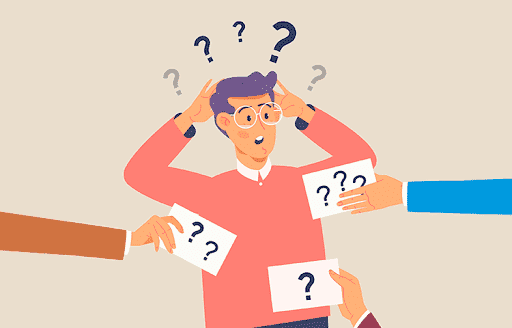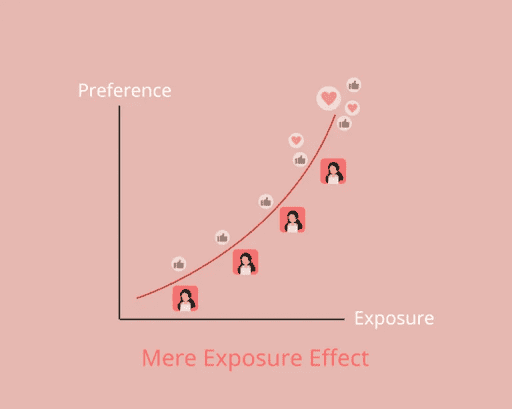
Pressing Play
We’ve all done it before: rewatching “Friends” for the hundredth time or playing a movie you’ve already seen because you don’t know what else to watch. Well, there’s a deeper scientific reason than not knowing what to watch.
Emotional Fulfillment
Sometimes, we rewatch movies or shows for emotional fulfillment. For example, you might rewatch a comedy because you know it makes you laugh. Knowing how the story unfolds, the happy and sad parts, and how it ends. Knowing how a story ends gives us a sense of comfort and closure. We might rewatch a movie to find hidden clues we missed before or to fill in gaps in the story. We might also watch a movie for nostalgia. Rewatching something we used to watch gives us the bittersweet feeling of a blast to the past.
Effortless Enjoyment
Humans naturally prefer activities that don’t demand much effort- watching something new means dealing with new characters, stories, and settings. But when we rewatch something familiar, our brains can relax and enjoy the show better. It’s easier to retain information – a concept called perceptual fluency. Rewatching a movie or show helps us notice small details we might have previously missed.
These days, we’re flooded with options for media, shows, and movies. With such an overwhelming amount of choices, it’s easier to watch something we know instead of watching something we may or may not like. It takes less brain power to settle on something we already know instead of going through the exhausting task of browsing through endless options.

The Mere Exposure Effect
The Mere Exposure Effect is when people tend to develop a liking or dislike for things merely because they are familiar with them. For example, have you ever hated a song on the radio, upset that they kept playing that song, but after a while, started humming along and eventually started singing along to all the lyrics? This is the same for movies and TV shows: watching it over and over again deepens our appreciation for it.

This phenomenon affects our ability to make decisions. Instead of using logic to pick a movie or show, we choose something familiar to us. We do this because decisions make us unsure, so when we see an option we know everything about, we’ll inevitably choose that one. We may naturally view new things as threats, and watching a show repeatedly increases our confidence.
References
Mere exposure effect – the Decision Lab. (n.d.). The Decision Lab. https://thedecisionlab.com/biases/mere-exposure-effect
Avlonitis, K. (2023, March 2). Why We Can’t Stop Rewatching Movies and TV Shows: A Psychological Exploration. Medium. https://medium.com/@bananofloydas/why-we-cant-stop-rewatching-movies-and-tv-shows-a-psychological-exploration-7f3a90ea3be5
Jean-Pierre, T. (2021, December 29). The problem with having too many choices | Medium. Medium. https://tavianjp.medium.com/the-problem-with-having-too-many-choices-49ae23aff1b4
N. Kraft, R., Ph. D. (2022, December 22). Play and Repeat: Why We Watch the Same Shows Over and Over. Psychology Today. https://www.psychologytoday.com/ca/blog/defining-memories/202212/play-and-repeat-why-we-watch-the-same-shows-over-and-overNickerson, C. (2023, October 10). Mere Exposure Effect in Psychology: Biases & Heuristics. Simply Psychology. https://www.simplypsychology.org/mere-exposure-effect.html


Add a Comment